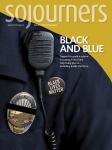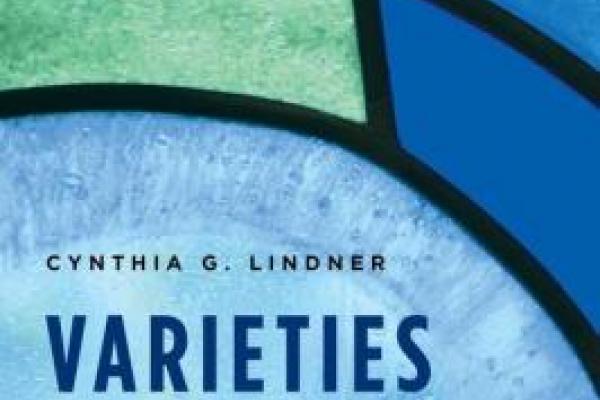THE ROLE AND identity of the minister has always been complex: Preacher and teacher, pastor and prophet, counselor and social worker. Despite this inherent dynamism, church structures—seminaries, congregations, denominations—often focus on transforming diverse candidates for ministry into a uniform class of spiritual professionals equipped to serve Christ in a bygone era. Responding to the challenges facing congregations today involves hearing and sharing the gospel in fresh ways, which requires a revolution in how ministers understand themselves and the training they receive.
Cynthia G. Lindner’s Varieties of Gifts does not read like a revolutionary text, but it is iconoclastic. While Lindner does not argue directly with the many books on pastoral leadership encouraging conformity to a specific mold, she gently brushes them away with a thoroughly postmodern conception of the “well-lived pastoral life.” Drawing on insights from dialogical psychology, which highlights the “multiplicity” of the human self, Lindner brings attention to the diverse talents and perspectives of aspiring and seasoned pastors. Too often this plurality is perceived as vocational ambivalence or personal confusion—an obstacle to be overcome in the modern quest to create a unified, coherent sense of self. Yet this pursuit of a single identity deprives ministers of important resources, limiting both their professional effectiveness and satisfaction.
Varieties of Gifts seeks to end this repression and embrace the minister’s natural multiplicity. Lindner believes this path leads to the realization of untapped potential at a moment when religious institutions are desperate to discover new and different ways of being faithful. She writes, “effective ministers have always inhabited plural roles and multiple selves which have funded the flexibility and inventiveness that religious leadership demands over the long haul.” Thus, the internal tensions of the minister’s life (How do I serve this community as both prophet and priest? How do I remain authentic while embodying a role defined by perception?) become a resource in the pursuit of excellence rather than a distraction that promises to lead one astray.
While the book’s argument has a psychological frame, its foundation rests on Lindner’s interviews with new and established ministers. She quotes one as saying:
I am a chaplain in a jail. I read the scriptures and buy academic volumes online and go to seminary classes. ... I spend much of my time with gang members on the streets. I am a pastor. I am a community organizer and legal advocate. But I also am a songwriter. ... I try to integrate my music into my local web of relationships. ... But after all this, I just want to write essays and fly fish. So I take gangsters fishing and write about that.
This is just one example of the challenges multiplicity creates—and the opportunities. In previous times, this minister would have been counseled to demonstrate “seriousness” by focusing on a narrower career path, jettisoning the “distractions.” Instead, he has embraced diverse interests, both his identity and conception of ministry.
During my own career in ministry, I have struggled to reconcile the desire to march in the streets with the need to pray in the sanctuary. I have navigated the tension of fostering consensus within a community despite holding deep convictions about what is right and just. After years of claiming that my call was never to a church, I now pastor a congregation. In other words, Varieties of Gifts describes the reality I wrestle with and names the multiplicity that has made me a more effective and faithful leader. Lindner offers a compelling argument for nurturing, rather than stifling, this multiple-mindedness and an understanding of the benefits it brings to leaders, the church, and God’s people.

Got something to say about what you're reading? We value your feedback!

